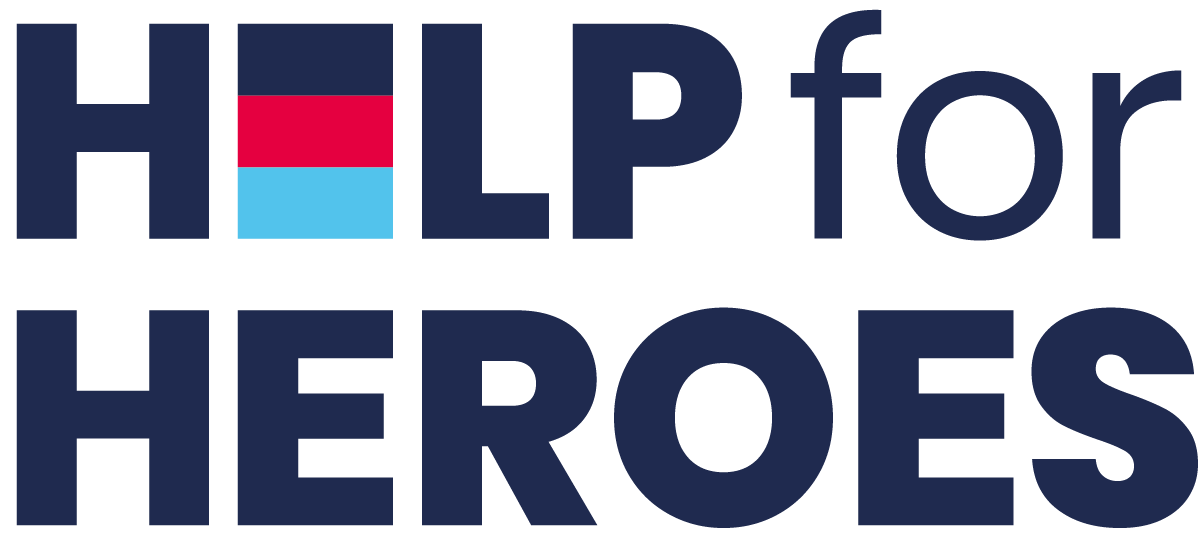Being connected to other people as part of a community can help to improve your overall mental health and wellbeing. This Mental Health Awareness Week, we want to tell you more about the many different communities you can be part of after leaving the Armed Forces, why they can help your mental health and wellbeing, and how you can get started.
Veterans and mental health
Before we talk about what community can do for mental health, it’s important to recognise why there’s a need for it amongst veterans.
There’s a higher risk of people within the Armed Forces Community of developing mental health conditions like depression, anxiety and PTSD. These conditions can be difficult to manage, and can affect families too.
In one study 37% of men and 44% of women who had previously been in service had a mental health condition listed on their health record.
While there are a few different approaches to helping veterans with mental health conditions, many healthcare professionals are now ‘socially prescribing’, which means encouraging people to become part of a community and socialise with others, in order to combat the symptoms of poor mental health.
The evidence is positive, with many people reporting an improvement to their mental wellbeing, physical health and outlook on life after taking this community-based approach on the instruction of their doctor.
What does it mean to be in a community?
If you are wondering how to find a community to help improve mental health, it’s easier than you think. A community is simply a group of people who have something in common. This might be a location (such as the neighbours on your street), a hobby, an attitude or belief, or a shared experience. For example, if you are a member of a football club, or an art group, this counts as a community you belong to.
When you or your family were in the Armed Forces, community was part of everyday life. But after leaving service, it can be more challenging to replicate this, and not everyone knows how to begin. In fact, 57% of surveyed veterans who sought help from Help for Heroes reported they either felt a little connected or not connected at all to their local community. This lack of connection can lead to worsening health problems, such as loneliness and depression. Whereas, connecting with others can boost a sense of identity, belonging and togetherness, which in turn leads to better mental health. This is why, for Mental Health Awareness Week, we are encouraging people to think about different ways they can be part of a community, and how this might help improve mood and outlook.
Types of communities for veterans
Some communities you might become involved with when leaving the Armed Forces can include -
- Hobbies and interests, such as an art group, cycling club, or team sports such as football or hockey.
- Support groups, such as LGBTIQ groups, female-only networks, mental or physical health groups or social meetups to combat loneliness.
- Social clubs and coffee mornings to get out of the house, meet new people and enjoy a chat. You can find your nearest Help for Heroes coffee morning here.
- Local neighbourhood communities, such as neighbourhood watch, local community sports, or local activism or fundraising.
- Volunteering, by joining a network of volunteers you can meet new people, give back to your community or cause, and enjoy a sense of purpose.
The mental health benefits of community
Community promotes togetherness, which can help improve mental health and wellbeing. There is a common bond that can be formed between people who have left service. With this comes trust, a shared sense of humour, language, and often a similarity in values and identity. In turn, this can boost many aspects of our health. Some examples of this include
A sense of belonging and purpose
Mental health can improve when we feel we belong to something or are part of a greater cause. For example, joining a sports team brings with it a sense of sportsmanship amongst peers, while giving you all a collective sense of achievement. And if sports isn’t for you, there’s many other options such as arts and crafts, book clubs, dance classes and much more. These activities can help to increase self-esteem, combat loneliness and give you something to look forward to.
Support when life gets tough
It’s no secret that when times are hard, talking to others can help. This is backed by a huge body of evidence showing strong links between talking, socialising and better mood. When you are part of a community, you can boost each other during life’s challenges, share feelings and thoughts, and accept or give help when it's needed. It can be helpful to be surrounded by people who understand your specific experiences as an ex-serviceperson. It’s important to also remember that this is not the same as talking therapy, which is facilitated by a professional. If you are interested in talking therapy or would like to learn about our Hidden Wounds service, you can get help with us for more information.
Personal development and achievements
We never stop growing and learning. A community can help you to develop new skills, gain knowledge or achieve something you never thought was possible. This gives you an enormous sense of wellbeing and can open doors in the future. This Mental Health Awareness Week, we encourage you to think about what your skills are, how you'd like to develop or learn something new, and first steps to doing that.
Combats loneliness
There are strong links between loneliness and your general health. Research has shown it can be associated with increased risks of both mental and physical health problems.
Our research shows 65% of veterans who asked us for help reported feeling lonely.
If you struggle with a mental health condition that sometimes causes you to isolate, then being part of a community can help to combat this. Our Hidden Wounds team are also on hand to help you with any mental health concerns or worries you may have.
Bonds and friendships are formed
Not only will you meet people who can support you when life is hard, but you can form friendships that last a lifetime. You can find laughter, shared experiences and fellowship with peers, and develop bonds that will stand the test of time.
It can lead to opportunities
The more you network with others and be part of a community, the more likely it is that new opportunities and experiences will come your way. You might find that your new community can open doors into other areas of life that you haven’t yet explored or equip you with skills and knowledge that you can take into the workforce.
How to find an armed forces community
This Mental Health Awareness Week, we would like to encourage you to find a community. We know this can seem daunting. But there are ways we can make it easier. By connecting with your nearest Help for Heroes event or coffee morning, or attending a local event, you can be welcomed into a community of veterans, learn something new, and enjoy better mental, physical and social health in the future. To find out more, simply submit a form and we will be in touch.




